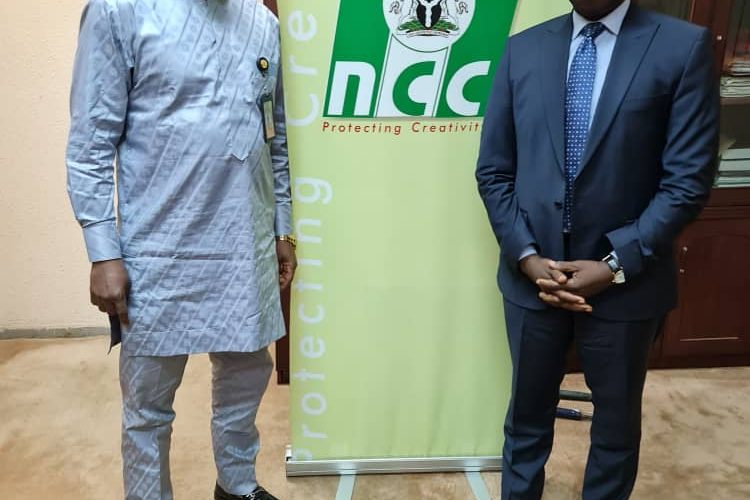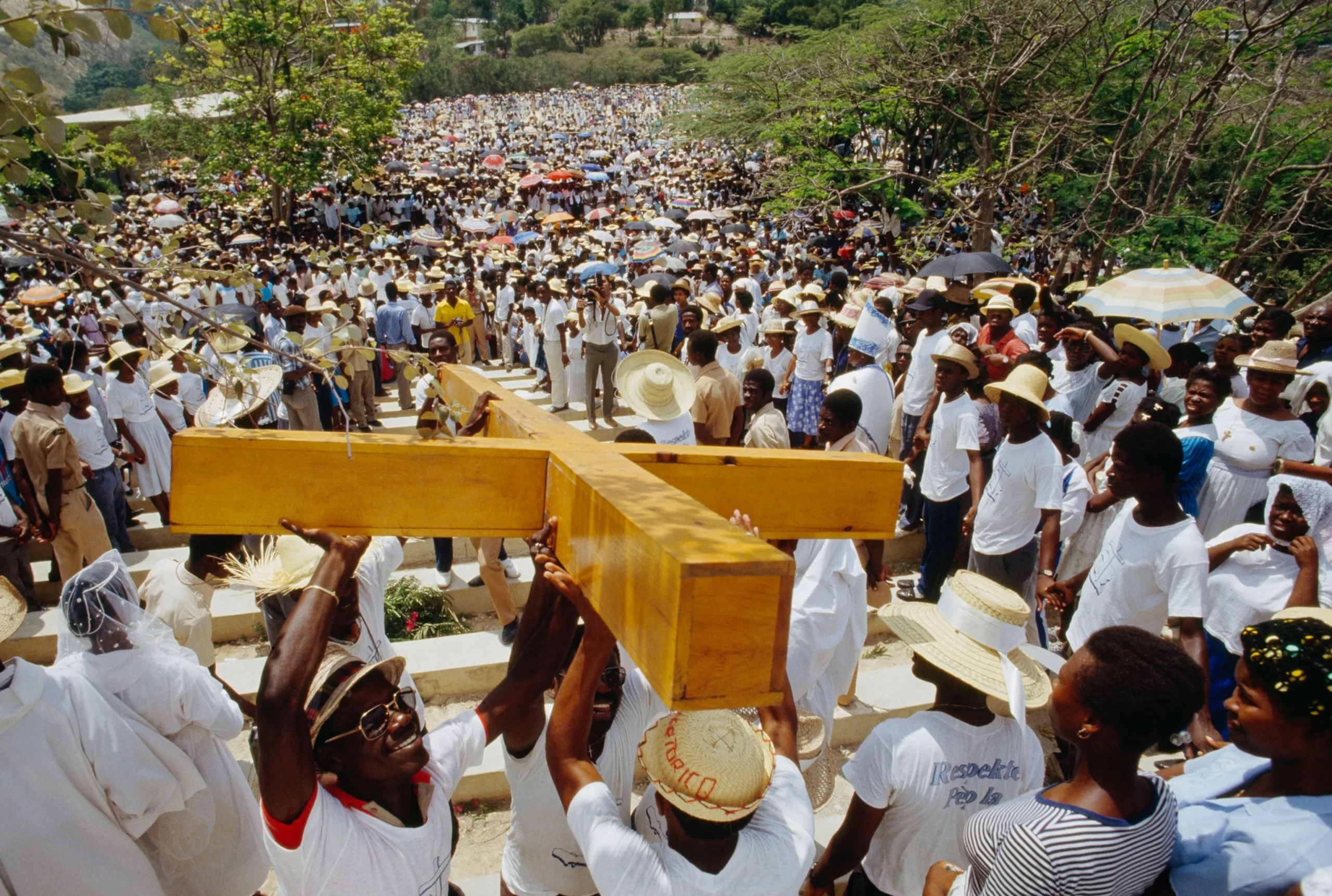With the proposed plan by the Federal government to establish an objective and scientific audience measurement system, the Nigerian TV revenue market may gross over four-hundred million US dollars ($400m) in not too distant a future.
Making the disclosure recently, the Hon. Minister of Information and Culture, Alhaji Lai Mohammed said the expected growth in the Nigeria TV revenue market will be achievable with the advent of audience measurement system as against the current market size of $309 million, compared to South Africa which was US$1,301 million.
Specifically, Alhaji Lai mohammed said: “The value of Nigeria’s broadcast advertising market is not proportional to the country’s population when compared to the top 3 markets in the sub-Saharan Africa”. He stated that despite having a population more than three times that of South Africa, Nigeria’s Television Advertising revenue in 2016 was US$309 million compared to that of South Africa, which was US$1,301 million.
However, the projected revenue for the Nigeria TV market was a far cry to the revenue research report conducted by PwC a few years ago. As a matter of fact, by comparative review, there appears clearly to be discordant tunes in the projections.
According to the figures captured under the theme “TV Market Revenue in Nigeria by PwC, Ovum: 2014-2018 and published by Amy Waston, Nov. 2019 on www.statista.com the TV revenue figures showed a remarkable difference from what the Minister has projected.
The PwC report projected that Nigeria’s TV revenue market will hit $806 million US dollars in 2020, while it is estimated that in 2021, it will grow to $838 million and $871 million in 2022 and $903 million respectively in 2023.
It, nonetheless, disclosed that the Nigerian TV market grossed $771 million US dollars in 2019 and $732 million US dollars in 2018 respectively. This was a remarkable progression to the 2017 and 2016 figures of $681 million and $619 million US dollars and $568 million as well as 2014 figures of $538 million respectively.
In another development, an online publication by A. Guttman in November 2019 titled Advertising revenue in Nigeria 2018-2020, by medium presented quite a different figure.
Tv and Video OOH Internet Radio
2018 $156m $118 $73 $42
2019 $165m $125 $86 $44
2020 $177m $131 $99 $47
Contrary to trends in the US and Europe, where the lion share of Ad budgets is focused on Internet and TV marketing, between 2018 and 2020, the majority of advertising dollars in Nigeria will be devoted to TV and Video promotion. In developed markets, Internet advertising expenditures are expected to surpass TV; however, in Nigeria, TV advertising is and will remain strong in the near future.
Notwithstanding these projections and permutations, it is not unlikely that most of these projections would be unrealisable with the advent of Covid-19 pandemic which has caused major disruptions on the media advertising plans by the client companies in 2020.
While the pandemic still remains a major issue in local and global economic spheres, it is too early to predict how the industry would fear in the next one or two years as book-makers are wont to believe that the Covid-19 pandemic regime may not go away anytime so soon. While disruptions have been created, advertisers and industry players have all embraced the new paradigm shift as the new normal with all its implications and repercussions.
Meanwhile, the media consumption rate in Nigeria is believed to be on the rise and indicate a brighter future. The Nigerian media industry according to online sources is in the midst of what many local players consider to be a sea change. The rising popularity of ICT across the nation over the past decade and a half has had a major impact on the way Nigerian consumers access media on a daily basis. This has created a range of challenges for the nation’s print and broadcast media entities. However, according to many domestic firms and market observers, the shift to digital will ultimately be a boon to the industry, in that it has the potential to drastically expand the reach of local media producers, both within Nigeria and farther afield, with huge implications for revenues.
“Nigeria’s media landscape is changing dramatically right now,” Tampiri Irimagha-Akemu, managing director of local public relations firm Sesema, had told OBG in mid-2016.
“It is growing rapidly in certain key areas, and in the process is shifting towards a digital distribution model, though non-digital business lines remain very important here as well. Indeed, increasingly the firms that are succeeding are the ones that can successfully blend traditional and digital channels.”
From the global professional services firm PwC, overall spending in Nigeria’s entertainment and media industry expanded by 19.3% in 2014, led by a rapid increase in domestic consumption of internet products, television, film and video games, among other segments. The market is said to be consumer-driven, with around four-fifths of total revenue generated by retail end-users, according to PwC.
Spending on advertising in Nigeria has lagged slightly behind consumption trends in recent years; with the bulk of ad spend going towards broadcast media – namely television and radio – and out-of-home advertising such as billboards. The recent expansion of media consumption in Nigeria can be attributed to both a growing middle class and the steadily improving sophistication of local media producers, distributors and marketers. Perhaps the best example of the latter is the nation’s film industry – colloquially known as Nollywood – which is now the second-largest producer by volume of new movies anywhere in the world after India’s Bollywood.






Comment
No comments found.